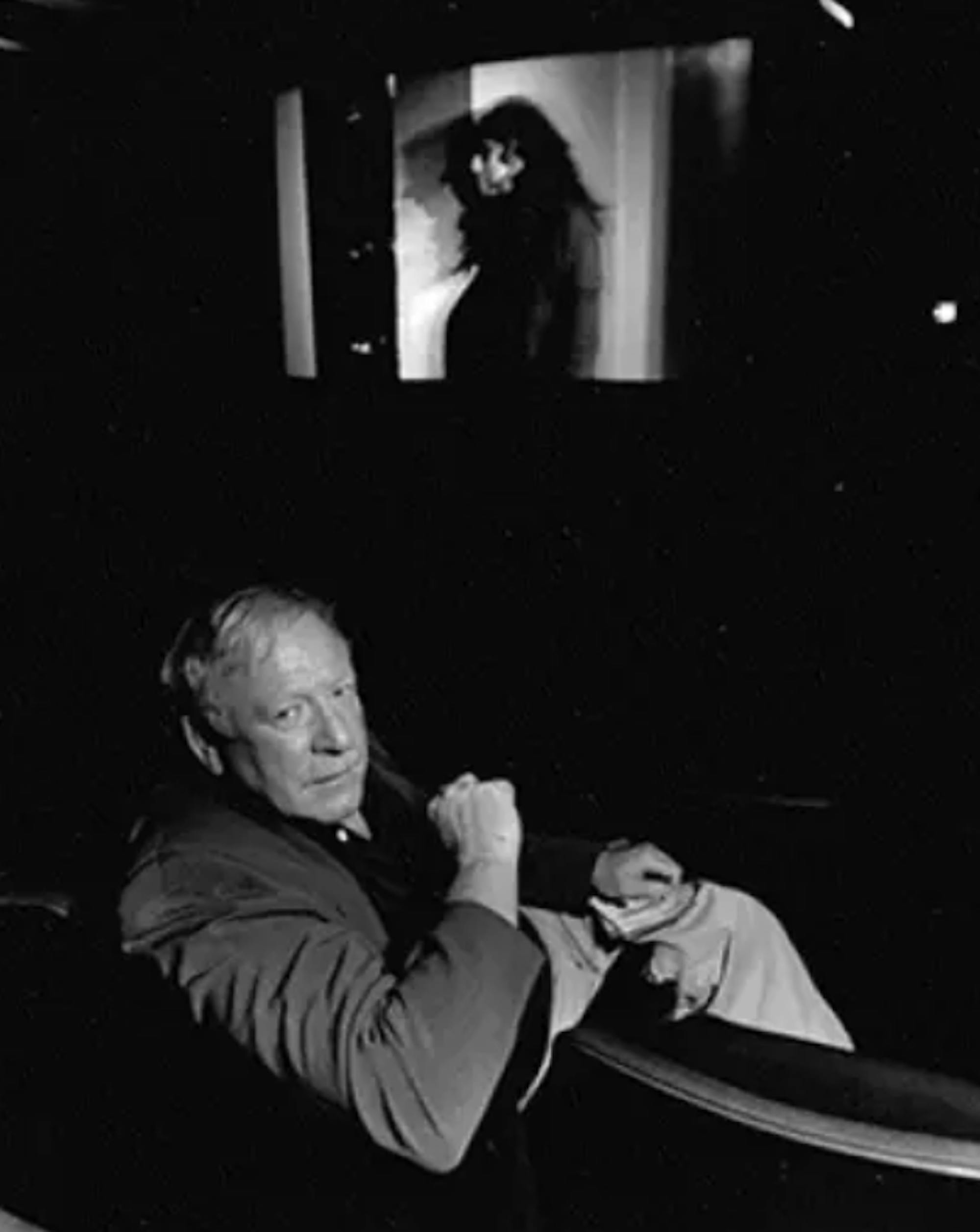Film and media studies professor emeritus Albert LaValley, nicknamed Al, was described as “feisty,” “eclectic” and “ahead of his time” by his close friend and former Dartmouth colleague James Brown. LaValley founded the Dartmouth film and media studies department, one of the first departments to integrate history, theory and production in the Ivy League, according to the department’s website.
“Al was one of the smartest people I’ve ever known,” Brown said. “There are people [that], when you’re in a room with them, [they] make you feel kind of dumb, but Al made everybody feel smart — even though he was the smartest.”
In addition, Brown said LaValley never let himself get “tied down” by one profession.
LaValley died at the age of 87 on April 11, 2023 in Noble, Oklahoma, according to his obituary. A brilliant and caring scholar, LaValley died from a long-term, unspecified illness.
LaValley was born and raised in Springfield, Massachusetts, an area he stayed in most of his early life. He attended the College of the Holy Cross in Worcester, Massachusetts and received a B.A. in English in 1957. He completed his M.A. and Ph.D. in English from Yale University and taught various courses there between 1961 and 1967, according to his obituary.
According to Brown, LaValley had planned to become a priest while he studied at Holy Cross. However, LaValley’s teaching experience atYale inspired him to pursue a different career path and embrace his sexuality, Brown said.
“Al was gay and understood what it felt like to be an outsider in a certain way,” Brown said. “[He] lived a life that was very open and very conscious of ‘this is who I am.’”
LaValley’s goddaughter, Claire Brown, said she admired the way he carried himself.
“Being an early member of the LGBTQ+ movement must have come with its struggles, but he stood by his openness,” Claire Brown said. “I respect that so much now about him, especially now.”
After teaching at Yale, LaValley took a position at University of California, Santa Barbara, as a visiting professor in film studies. He then moved to San Francisco, where he ran The Limelight Bookstore, which specialized in film and theater works and doubled as a center for activism. He taught at eight universities during his lifetime, according to LaValley’s obituary.
LaValley also edited a number of volumes on film, including “Focus on Hitchcock,” “Mildred Pierce,” “Invasion of the Body Snatchers” and “Eisenstein at 100,” according to his profile online.
Friend and film professor Joanna Rapf said LaValley had a deep knowledge of his field, calling him a true “Renaissance man.”
“His knowledge of film was encyclopedic,” Rapf said. “I’ve never known anyone [who] knows as much about film as he did.”
At the time of his death, LaValley had written 700 pages of a book about filmmakers in Mexico in the 1930s and 1940s, chalk full of original research, Rapf said. Fluent in Spanish, LaValley was especially passionate about Mexican literature and film, sheadded.
Professor Lynn Higgins, Edward Tuck French studies professor emerita and interim chair of the film and media studies department, wrote that she remembers LaValley as “an endless source of fascinating and rare information about directors, actors, producers and the mechanics of Hollywood.”
He also created one of the first documentaries about AIDS ever produced, “A Time of Change: Confronting AIDS,” Brown said.
When students felt excluded from Greek life culture in the 1990s, LaValley would host parties at his home for students to get together, Brown said.
“He had this great way of embracing people and making them feel comfortable,” Brown said.
While he was chair of the film department, visiting professors and junior faculty often lived with Al for as long as they needed, according to film and media studies professor Amy Lawrence. After he retired, he would allow people who were struggling to stay at his place or find ways to sponsor them for jobs, Lawrence said.
Rapf said that LaValley’s compassion also extended to his love for animals, noting that he took care of two stray cats and adopted a stray dog. LaValley loved birds and could identify them by their calls alone, she added.
Claire Brown said that Professor LaValley was a memorable figure in her childhood.
“Of course, I will never forget using his belly as a trampoline — leaping from the arm of the old fuzzy green couch and plopping, and likely bouncing off, just to repeat it several times, laughing all the while,” she wrote.
According to Lawrence, everyone loved being around Al — “a lively, funny, generous man.”




